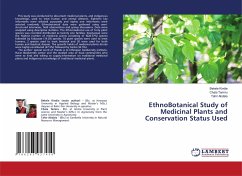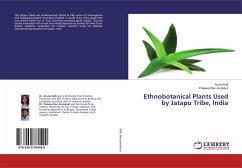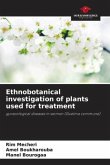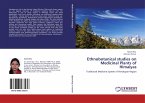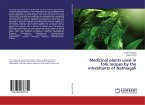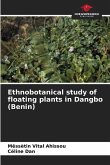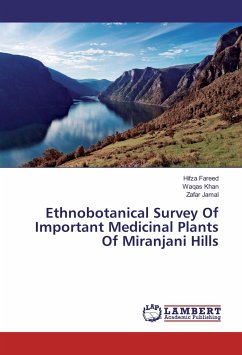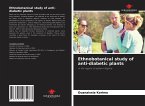This study was conducted to document medicinal plants, and indigenous knowledge, used to treat human and animal ailments. Eighteen key informants were selected purposely and eighty one informants were selected randomly. Ethnobotanical data were gathered using semi-structured interviews, field observations and group discussions. Data were analyzed using descriptive statistics. The Ethnomedicinal use of forty plant species was recorded distributed as twenty one families. Solanaceae were the highest number of medicinal plants consisting of 6(28.57%) species followed by Fabaceae (14.29) species. 18 plant species were used to treat humans, 2 species used to treat livestock and 20 were used for both human and livestock disease. The growth habits of medicinal plants shrubs were highly constituted (47.5%) followed by herbs (32.5%). The author¿ special word of thanks is to Ethiopian biodiversity institute, Harar Biodiversity center and the studied area of local communities who were so kind and willing to supply information on traditional medicinal plants and indigenous knowledge of traditional medicinal plants.
Hinweis: Dieser Artikel kann nur an eine deutsche Lieferadresse ausgeliefert werden.
Hinweis: Dieser Artikel kann nur an eine deutsche Lieferadresse ausgeliefert werden.

